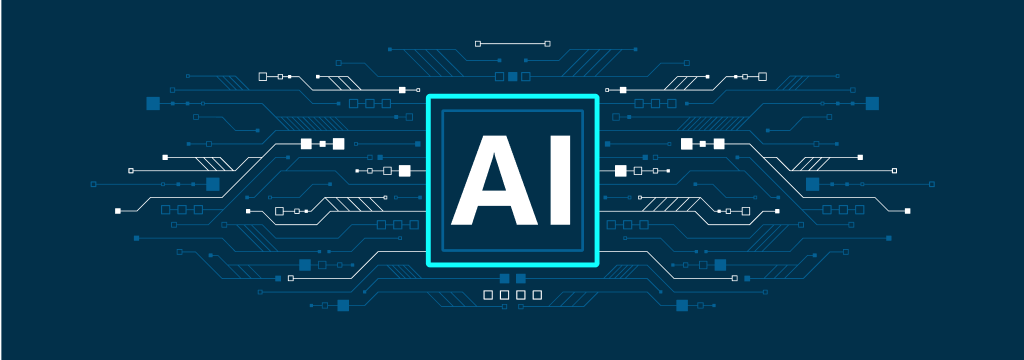|
Getting your Trinity Audio player ready...
|
In today's rapidly evolving world of Artificial Intelligence (AI), the need for autonomous, intelligent, and adaptable systems is greater than ever. Whether it's powering virtual assistants, coordinating robotic fleets, or building intelligent customer service bots, agentic frameworks are the backbone of modern multi-agent ecosystems.
But what exactly is an agentic framework — and why should your organization care?
Let's dive deep.
What Is an Agentic Framework?
An agentic framework is a structured system designed to support the creation, communication, coordination, and decision-making of autonomous AI agents. Think of it as the architectural blueprint that enables multiple AI entities to work individually yet harmoniously within a larger environment.
Rather than developing autonomous systems from scratch, agentic frameworks provide pre-built protocols and modules that help developers quickly scale and refine complex AI systems.
Key Features of Agentic Frameworks
Choosing the right agentic framework can accelerate innovation and efficiency. Here are the core features you can typically expect:
- Pre-Built Components: Ready-made templates and modules that allow faster development and deployment.
- Communication Protocols: Structured guidelines for how agents share information, collaborate, and make group decisions.
- Planning and Reasoning Engines: Systems that enable agents to dynamically adapt to new challenges and replan strategies on the fly.
- Monitoring and Debugging Tools: Real-time feedback mechanisms for tracking agent behavior, identifying bottlenecks, and continuously improving performance.
Why Agentic Frameworks Matter
In a landscape where businesses must adapt at lightning speed, agentic frameworks offer powerful advantages:
- Scalability: Easily expand your AI's capabilities as your needs grow.
- Consistency: Maintain standardized behavior across different agents and environments.
- Efficiency: Save significant development time by avoiding building each system from scratch.
- Robustness: Ensure your multi-agent environment can handle real-world complexity with minimal failures.
Organizations adopting agentic frameworks position themselves at the forefront of AI-driven transformation, gaining competitive edges in automation, personalization, and decision-making.
7 Popular Agentic Frameworks You Should Know
Here's a look at some of the leading agentic frameworks making waves today:
| Framework | Key Focus | Highlights |
| LangGraph | Graph-based workflows | Supports cyclical graphs and human-in-the-loop integration |
| CrewAI | Team-based orchestration | Specializes in organizing multiple agents into “crews" for complex tasks |
| Swarm | Minimalist structures | Lightweight agents with efficient agent-to-agent handoffs |
| ARCADE | Reactive systems | Ideal for real-time, fast-changing environments |
| FIPA | Standards-based communication | Universal protocols for agent interoperability |
| JADE | Java-based FIPA implementation | Robust asynchronous messaging and rule-based agent behaviors |
| LLaMA | LLM starting point (not strictly agentic) | Open-source large language models (LLMs) offering high flexibility |
Each framework comes with its own strengths and ideal use cases, depending on your project's scale, industry, and technological needs.
How to Choose the Right Agentic Framework
Selecting the best framework is crucial for success. Here's a practical approach:
- Define Your Business Objectives: Are you optimizing customer service? Managing autonomous vehicles? Each goal may require a different setup.
- Set Measurable Goals: Establish clear KPIs such as response time improvements, task completion rates, or collaboration efficiency.
- Evaluate Tool and Library Support: Ensure the framework integrates easily with libraries and APIs your team already uses.
- Check Tech Stack Compatibility: Verify that the framework supports your current programming languages, cloud providers, and infrastructure.
- Start Small and Scale Up: Begin with pilot projects to validate your approach before committing to a full-scale rollout.
Agentic Frameworks vs AI Agent Builders: Understanding the Difference
Although often confused, agentic frameworks and AI agent builders serve different purposes:
- Agentic Frameworks provide the foundational architecture for managing large systems of agents. They usually require more technical expertise but offer far greater customization and scalability.
- AI Agent Builders are more user-friendly platforms designed for rapidly developing individual AI agents without deep technical knowledge.
In short, frameworks lay the foundation, while builders help craft the bricks.
Final Thoughts: Why Agentic Frameworks Are the Future
As AI continues to shift from simple automation toward intelligent decision-making, agentic frameworks will play a pivotal role in shaping the next generation of applications.
From healthcare and finance to logistics and entertainment, businesses that invest in smart, scalable, and autonomous agent ecosystems today will lead the market tomorrow.
The right framework is not just a technical choice — it’s a strategic one.
Start exploring, start building, and unlock the true potential of autonomous intelligence in your organization!
Looking for expert consultation on building autonomous systems?
Contact Us to learn how we can help you implement the perfect agentic framework for your business needs.
